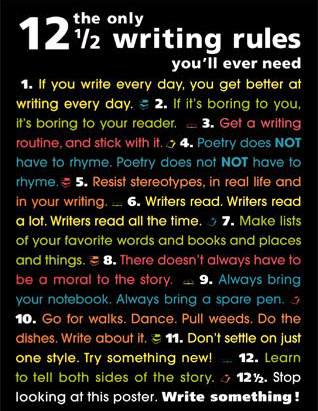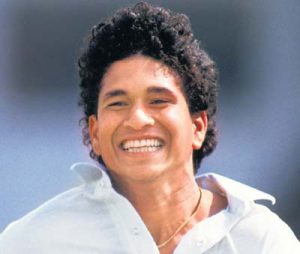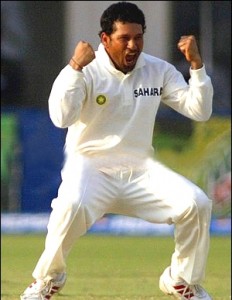We live in a world today where we have luxuries available which has never been available for any previous generation. Today we can travel to any part of the world within a matter of hours (and not months), we can talk and interact with our friends and family real time anywhere on the planet, and that too free over the internet. We live in a world where information about any topic is readily available on our handheld device or computer. We have GPS in our phones and in our vehicles and can never get lost. Companies have employees working in different countries and time zones collaboratively. Globalization is truly upon us.
With our children and next generation growing up in environments where they get access to a laptop and smartphone before they access books, where they get access to video games before learning what sports and games really are, don’t you think our children are missing some very important life skills which all previous generations had the opportunity to experience? In an ever busy and fast paced world where everybody is running, don’t you think we are missing out on life? Below are five skills which I think our younger generation is being deprived of :-
1. Simple Living and Self Sustainable Communities
While we have the latest cars and metro systems in our cities today, and can get pre-cooked food home delivered free to our homes, which is ready to eat after a few seconds in the microwave, aren’t we depriving our children of basic human activities like walking amidst nature (be it a park or a road) or the thrill of growing our own vegetables and then the excitement of the art of cooking with different masalas and ingredients. In the modern world, we have turned many such arts (cooking, walking, gardening) into just products available over the shelf. But can we also buy the lessons and values one gets doing these simple activities?
Life is simple. It was never meant to be globalized. We have commercialized our lives in the wave of consumerism like never before. Man doesn’t need more than water and fresh fruits and vegetables to survive, yet why our definition of drinking has more of Coke, Pepsi, Budweiser instead of just plain water? Why our definition of eating involves going out to a fast food joint and gulping on that latest pizza or burger? For kids growing up in this environment, aren’t they missing the values of self-help, sharing and community. Globalisation has brought a lot of good and prosperity in this world, but there is a world possible without it, and our kids need to know that.
2. Our Ancient Treasures of Knowledge
Coming to our education systems and the kind of knowledge we are giving our students, we have the best in class international schools with air conditioned rooms and global syllabus available today to ‘better’ prepare them for the ‘changing’ world. While we teach all about modern mathematics, technology, science and all about which careers to pick and what businesses to join, what happened to our ancient treasures of knowledge which I feel could form a very strong backbone for whatever careers they choose? The ancient treasures of our religion, of our society, the different mythological tales and the invaluable lessons in them. Why are we not teaching the treasure of wisdom found in our Vedas, Gitas, Qurans and Bibles to our children?
3. Dignity of Self and All
We live in a fast paced world and society where stepping over others is as common as passing people on the street or at work without even having the time to say ‘hi’. How many of us have people around us with whom we work and interact daily (our co-workers, grocery shop-keepers, maids, neighbors) but hardly know anything about their lives? Stepping over others in the race to be successful is considered fair, and big scandals and scams are reported everywhere, from politics to business. The same is true for us – we are riddled with stress, worry and depression over a small loss in business or money. What happened to the value of dignity of a human being? Are we teaching our children (and ourselves) that we are not defined by our money or possessions, and that while they may be important, an abundance of them doesn’t make us any richer or better than any other human being? And in the same vein, the lack of man made stuff like money, status and possessions does not take away anybody else’s dignity and make them smaller or less privileged than those who have them?
4. Creativity
In this world of cut copy paste where everything is available ready made and pre-packaged, the future generation is missing out on the art of assembling things together and creating something new and useful. Rather the consumerism society we live in today focuses more on use and throw. The art of creativity, of thinking of a hundred new ideas and then having fun while trying them out is what makes us prepare our muscles for the tough times, but the question we need to ask is – Is our younger generation learning this skill?
5. Discipline
I think we are giving our children all the wrong ideas of which rules to follow and which not (not by telling them, but by the experience they have). By growing up in a capitalist economy where everyone is in a race to get ahead, we have all seen the numerous scandals, and the ever prevailing corruption in our day to day activities. By living our lives in a certain way, perhaps we are not setting the right example for our future generations to lead their lives in a disciplined way. We are not teaching them what their rights are, and how to fight for them in a dignified manner rather than taking the easy way out.





